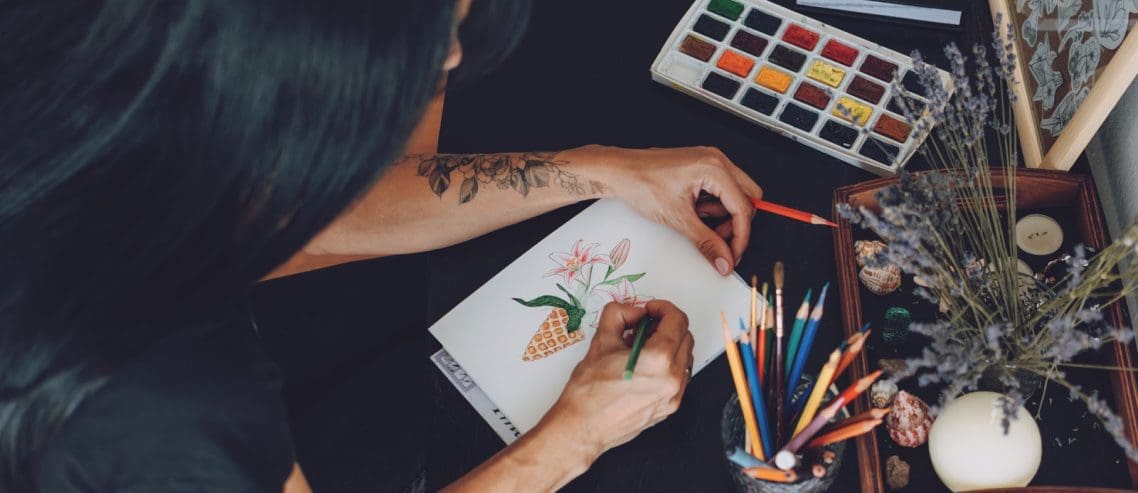5 Good Hobbies for Individuals In Recovery
What are some good hobbies for individuals in recovery? In honor of Recovery Month, we’re taking a look at recovery activities that can help those dealing with alcohol or substance abuse channel their time and energy in healthy, fun, and productive ways. More than just distractions, these hobbies honor recovery and improve the process—and help individuals as they start to build a new life outside of their substance abuse.
It’s important for people to keep themselves busy with sober activities in recovery. Many individuals in recovery are quite familiar with boredom as a trigger, and the strong correlation that exists between downtime and behaviors. In addition to serving as mood and morale boosters, hobbies help fill up free time in positive ways, providing more opportunities for stress-relief and healthy escapes and less time for slipping into old patterns.
With that in mind, here are five hobbies that are worth checking out in recovery:
- Volunteering. When we help others, we help ourselves too. Volunteering is an excellent opportunity to engage in the community in a positive way and build new, positive relationships. And because there are so many ways to do it, there are always avenues for taking existing passions and putting them to use for something bigger and better.
- Yoga. The mental health benefits of exercise are well-documented, and when it comes to substance abuse & recovery, yoga may just be one of the best exercise options available. Yoga brings together mindfulness (an important practice in recovery) with movement, teaching new ways to center in on the moment and distract from everything else that’s going on.
- Crafts. Crocheting, sculpting, painting, jewelry making… there are so many ways to get crafty, and so many benefits to doing so. Crafting keeps both hands and minds occupied while providing real, tangible results in return. There’s also lots of room for improvement and growth, which can boost self-esteem during the recovery process.
- Outdoor activities. Many holistic therapies are based in the outdoors, and for good reason. Fresh air and the peace and beauty of nature can have profound impacts on mental health, which can in turn assist with recovery. And no matter where an individual lives there are plenty of outdoor activities to explore, including hiking, kayaking, and climbing.
- Write. There’s a reason that journaling is often such a big part of recovery. The more we write, the better we get at untangling our thoughts. Try a writing class or take a stab at your first short story—whatever writing hobby you choose, it’s a great outlet for sharpening mental acuity.
Find a Hobby You Love
This Recovery Month, make a point of trying out a new hobby—or putting more effort into one that you already know and love. We recommend that those who are going through recovery try out as many hobbies as possible, building a repertoire of healthy activities that can provide relief, endorphins, and so much more as they build a life away from drugs and alcohol.




